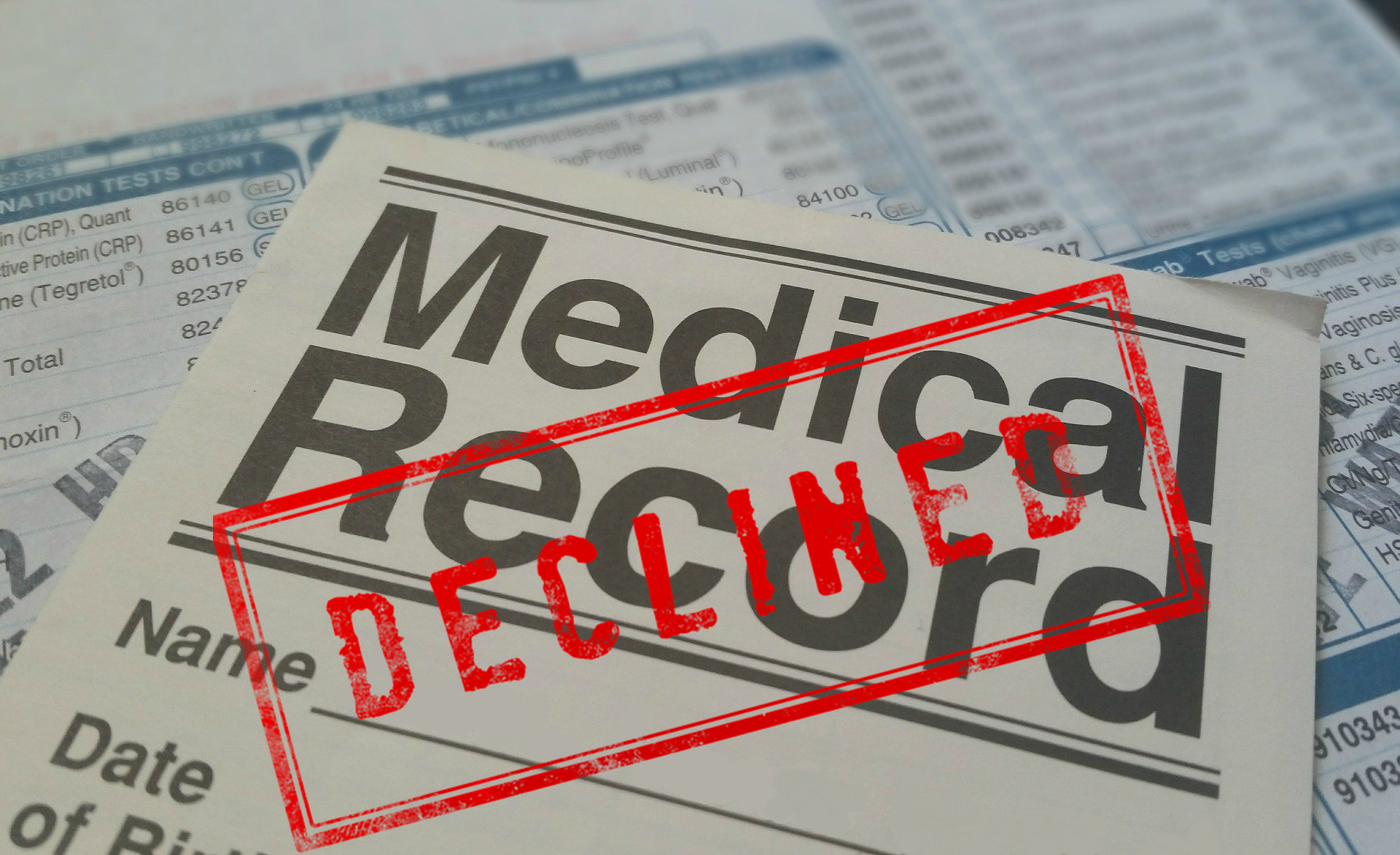Respironics recall creates billing concerns for suppliers
One of the most discussed topics in the last month has been that of the recall by Philips Respironics. As you may know, on June 14th, 2021, Philips announced a voluntary, global recall of approximately 4 million continuous positive airway pressure (CPAP) devices, bilevel respiratory assist devices (BIPAP), and ventilators. The issue was, in essence, that Philips advised that there are potential health risks related to sound abatement foam used in specific Philips devices. The company has developed a comprehensive plan to replace the current sound abatement foam with a new material that is not affected by this issue and has already begun this process. This created quite the impact across the nation as suppliers were caught off-guard while Philips worked through the specifics of the recall. In response, Philips made the following announcement on their website:
"There is nothing we take more seriously than providing patients with high quality products that are safe and reliable. If an issue arises, we are proactive in communicating and addressing it as we work tirelessly towards a resolution."
For the latest information, please check the Philips Respironics website.
Our team of policy experts have fielded several frequently asked questions relative to how DME suppliers should proceed during the recall. Below are several issues that we’ve discussed related to reimbursement, billing and medical necessity. This information is not to be utilized to determine if a patient should or should not use the devices in question. Please refer such questions to Philips and the patient’s healthcare provider for guidance.
Q: For patients that decide to wait for new equipment to be provided, is there a break in service during this period? If so, how would we restart once new equipment is obtained?
A: There would not be a break in service. But there exists a break in billing situation as a consequence of the wait for the new equipment. Billing should cease for the period that the patient is without useable equipment. But since this is not a break in service due to changes in medical need, resumption in billing could occur once the new equipment is provided to the beneficiary. DME suppliers will bill the next period in the sequence once restarting. We would recommend that a narrative is added to explain the break in billing. Follow the link to Noridan's website for more information.
Q: When the equipment is available to deliver to the patient, do I need new medical necessity documentation to resume billing?
A: No, provided the medical necessity that prompted the equipment being dispensed in the first place has not changed or been impacted. Update you records with the information on the new equipment. Best practice in this case would be to note if there is a new manufacturer, i.e., Philips to ResMed, the make, identifying numbers and the like.
Q: What if the patient is in the 90-day compliance period and they have decided to stop using the device. Once new equipment arrives, can we continue the trial from where it was stopped or do, we need to start from the beginning again?
A: CMS has provided the following guidance regarding this question: “The beneficiary has the option to restart the 90-day adherence trial, or they may resume meeting the adherence metric where they left off. The supplier should notate their records if the recall impacted the beneficiary’s adherence timeline.”
To ensure that you have the proper information in the event of a denial or appeal, we suggest that your processes include notations in each patient’s records regarding the situation with appropriate detail. When and what occurred with supporting information to evidence the start and resumption of the service will be instrumental in ensuring reimbursement. Ensure that the compliance information from the first device is secured and placed in the patient’s file regardless of the path taken with the trial period.
Suppliers should also keep in mind that the Public Health Emergency has provided certain waivers for the types of respiratory equipment involved in the recall. The MACs and other contractors have been precluded from enforcing the clinical indications for coverage. This remains in place as of this article. For more information on the waivers please check out the CMS website.
Q: How does the recall and reasonable useful life relate? Does the clock start over if we give new equipment, if they are beyond the RUL period, what documentation is needed to justify the new equipment?
A: Since the break in billing has occurred, medical necessity for the patient has not changed, billing could resume with the next claim in the sequence. Consequently, this will not initiate a new RUL service life. The service life will be counted from the delivery of the device to the patient which in this case was the delivery of the previous recalled device. If the patient is beyond the RUL period and needs new equipment, treat the situations as a normal new deployment of equipment by ensuring the corresponding new device coverage criteria are met.
For more information on this dynamic issue, please refer to the Philips website provided earlier or the DME MACs at the websites provided below.


